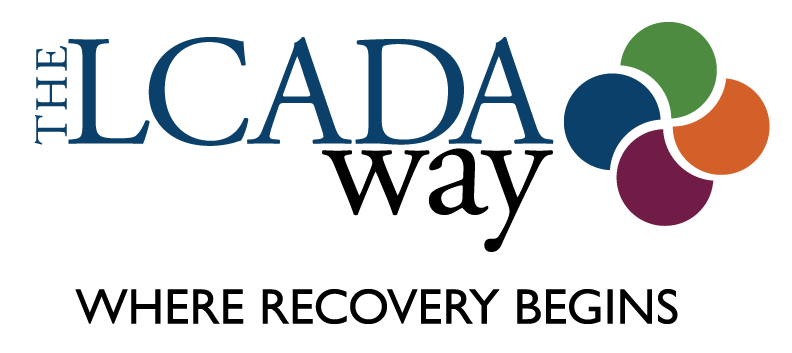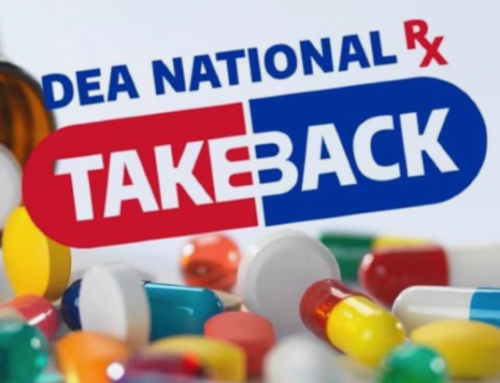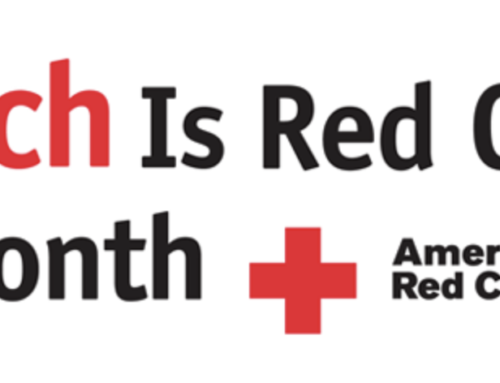Gambling Can Be A Problem – Whether you’re seeking information for yourself or a loved one, it’s good to have an understanding of what problem gambling is, its impact, and how to find support. The LCADA Way and support groups nationwide recognize March as Problem Gambling Awareness Month (PGAM), dedicated to increasing public awareness of problem gambling and the availability of prevention, treatment, and recovery services. Problem gambling (sometimes referred to as “gambling addiction” or “gambling disorder”) is gambling behavior that is damaging to a person or their family, often disrupting their daily life and career. Anyone who gambles can be at-risk for developing a gambling problem. Gambling disorder is a recognized mental health diagnosis. With the explosion of online and legalized betting, more and more people are finding themselves struggling with addictive behaviors and negative outcomes from gambling.
Some warning signs of a gambling problem are:
• Thinking about gambling all the time
• Feeling the need to bet more money and more often
• Thinking you can go back to try to win your money back (“chasing losses”)
• Feeling restless or irritable when trying to stop or cut down
• Gambling despite negative consequences. In extreme cases, problem gambling can cause bankruptcy, legal problems, job loss, family harms, and thinking about suicideAn estimated 2 million US adults (1%) meet the criteria for severe gambling problems in a given year. Another 4-6 million (2-3%) meet one or more of the criteria for gambling disorder and are experiencing problems due to their gambling behavior. And the numbers are growing. The National Council on Problem Gambling estimates that the annual national social cost of problem gambling is $7 billion. These costs include job loss, bankruptcy, gambling-related healthcare spending and other consequences.
The National Council on Problem Gambling (NCPG) is a national nonprofit organization seeking to mitigate gambling-related harm. They provide The National Problem Gambling Helpline (1-800-GAMBLER) and make it available via call, text, or chat, providing detailed information regarding treatment resources available in your area.
The LCADA Way invites local media outlets to engage in this important conversation and help spread the word about the resources available for those dealing with problem gambling. For more information about problem gambling and how to increase awareness of problem gambling, call The LCADA Way at 440-989-4900, or visit thelcadaway.org, Pause Before You Play orwww.ncpgambling.org/
FAQs. If you or someone you know has a gambling problem, in Ohio call 1-800-589-9966, call or text the National Problem Gambling Helpline Network at 1-800-GAMBLER or visit www.1800gamblerchat.org
or text 800GAM. Help is available 24/7/365 – it is free and confidential.



